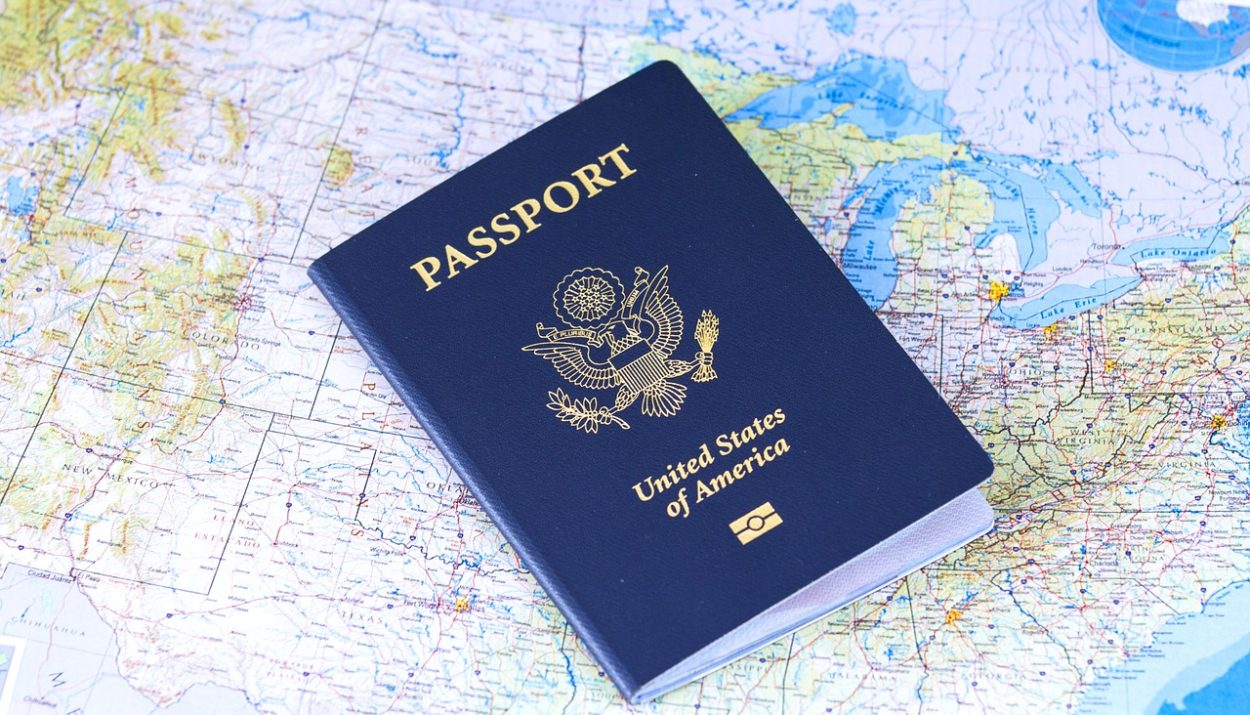Are you seeking to travel to Ireland for work, then you need to read this post without missing a line to the end.
Working in Ireland offers a unique blend of professional opportunities and a vibrant lifestyle, making it an attractive destination for both locals and expatriates. The country has transformed significantly over the past few decades, emerging as a hub for technology, pharmaceuticals, finance, and more recently, a growing creative industry. This transformation has been driven by a combination of strong economic policies, a skilled workforce, and a welcoming environment for foreign investments.
Ireland’s Economic Landscape
Ireland’s economy has been one of the fastest-growing in Europe, thanks in large part to its pro-business environment. The country has attracted numerous multinational corporations, particularly in the technology and pharmaceutical sectors. Companies like Google, Apple, Microsoft, and Pfizer have significant operations in Ireland, providing a wealth of job opportunities, particularly in Dublin, the capital. This has contributed to a thriving job market, with high demand for skilled workers in areas such as IT, finance, engineering, and healthcare.
The favorable corporate tax rate, one of the lowest in Europe, has also made Ireland an attractive location for companies looking to establish their European headquarters. This influx of multinational companies has created a dynamic and competitive job market, offering employees the chance to work in cutting-edge industries and with some of the world’s leading companies.
Work Culture
The work culture in Ireland tends to be relaxed yet professional. There is a strong emphasis on work-life balance, with flexible working hours becoming increasingly common. This balance is supported by Irish employment law, which provides substantial rights and protections for employees, including generous holiday allowances, maternity and paternity leave, and comprehensive health and safety regulations.
Irish workplaces are known for their friendly and inclusive atmosphere. While there is a hierarchy in most organizations, it is often less rigid than in other countries. Employees are encouraged to share their ideas and opinions, and teamwork is highly valued.
NEW IRELAND WORK PERMIT
Ireland has introduced a flexible work permit regulations which took effect on September 2nd 2024, this new regulation aims to address labor market needs and retain existing talent while welcoming foreign workers and talents. These changes are expected to make it easier for foreign workers and Irelands employers to hire foreign workers.
Peter Burke, Ireland’s Minister for Enterprise, Trade, and Employment, made it known that the improvements made to the Employment Permits Acts would create a greater favorable system while ensuring employees’ rights are respected.
The Major Changes Under the New Rules
Under the updated rules, some employment permit holders will be able to switch employers after nine months, a move designed to enhance workers mobility. In addition to this, a new seasonal employment permit will be introduced to meet the specific needs of sectors like fruit picking, which rely heavily on seasonal labor.
You may also like https://travelrgt.com/new-zealand-announces-new-work-visa-regime-for-foreigners/
Subcontractors will now have access to the employment permit system, broadening opportunities for foreign workers in various industries. The new rules will also impose additional requirements on employers, including provisions for training and accommodation support for permit holders.
Significantly, the changes will allow non-consultant hospital doctors to hold a permit that enables them to work at multiple sites, improving flexibility within the healthcare sector. Furthermore, permit holders can now be promoted within their roles without the need to apply for a new permit.
Ireland’s New Quotas for Work Permits
The new regulations also expand employment permit quotas for key roles. A quota of 500 permits will be allocated to the home care sector, addressing the growing demand for care workers. Additionally, 250 permits will be given to line-workers to help ease the strain on the ESB Networks’ overhead line framework contractors.
The Employment Permits Act 2024, applicable to individuals from outside the European Economic Area (EEA), which includes African countries and Asians, aims to facilitate eligible employment and residence in Ireland. The government has emphasized that these changes will make the permit system more adaptable, enabling it to respond swiftly to shifts in the labor market.
Minister for Enterprise, Trade and Employment Peter Burke told RTE News, “The improvements in the new Act will allow for a more modern, flexible employment permits system as well as ensuring employee rights are maintained. It will greatly benefit employers and permit holders alike.”
Minister of State for Business, Employment, and Retail Emer Higgins emphasized, “Ireland needs to attract more international talent. This new law, along with recent measures like the granting of work rights to the eligible spouses and partners of certain employment permit holders and the rollout of a single permission to both work and live in Ireland will massively help to achieve these goals.
If you’re an African intending to travel to Ireland, we will be bringing you up to date information on how you can successfully apply for it and come out successfully. Always visit our website www.travelrgt.com for more travel update.






